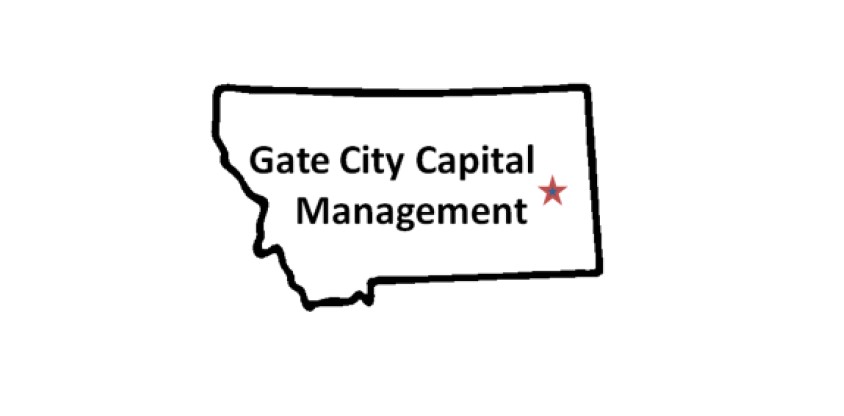ValueWalk’s Mark Melin interviews Michael Melby of Gate City Capital Management, LLC.
Everyone can listen to the full interview embeddded below and the entire conversation has been transcribed by a human and is available for premium members.
Q3 hedge fund letters, conference, scoops etc
Transcript
Michael, I appreciate you taking time with ValuWalk. Why don’t you tell us a little about your firm, Gate City Capital and your focus?
Mark, well, thanks again for having me, it’s great to have the pleasure to chat today. And, sure, Gate City Capital, we manage a concentrated portfolio of micro cap value companies. The name and logo of the firm can be a little confusing, but Gate City is the nickname of my hometown in [inaudible] Montana, which is a small town in the eastern part of the state. And that’s also the logo of the firm. So, we’re located in Chicago, but that can be confusing to some and maybe a little point of differentiation. We target right around 15 companies in the portfolio. We’re long term investors, we like to invest with the minimum timeframe in any company, a minimum of two years. And we, I guess we pay a close attention to margin of safety, some of the characteristics we look for in the companies we invest in include clean balance sheets. Almost all of our companies have more cash than debt on their balance sheet. And also, some sort of owned asset base and that can include land, property, equipment, things like that which we think provides us a margin of safety in the event that our financial projections that we have with the company don’t materialize. But again, we attempt to conduct a very thorough due diligence process before investing in any company, that includes meeting with management teams at their facilities. It’s a good way we find to get to know the people who are running the firm and also see firsthand how the operations work.
And we don’t focus on any one sector, we do tend to avoid technology and general hi tech companies or biotech and neither a lot of financials. And we find those are sometimes beyond our expertise and like to focus on things we know well. So, from a valuations standpoint, we utilize the discounted cash flow evaluation approach to come up with a target value and also attempt to identify a floor value of what we think the company is worth in a very bad scenario. Attempt to buy companies trading very close to the floor value with significant upside to what we think the real fair value of the company is. So hopefully that [inaudible] of kind of who we are and what we look at.
That is, thank you. And what is the investment structure, is it a fund?
Yeah. We have a fund and then we also have three separately managed accounts. And so, all our funds and separately managed accounts have the same investment process and target the same types of companies.
Why don’t we talk about your investment process a little bit, if you could detail what you look for in a company and how you conduct research?
Sure. I guess we try to start, it might sound simple but we try and start with businesses that we can understand. And so, we try to keep it simple and understand how a company works, how they generate revenues and how they ultimately generate cash. And our due diligence process, it starts, I guess, once we identify a potential target then we go through the financial statements and attempt to gain as much understanding as we can about the company from their 10(k)s and 10(q)s and proxy statements. And we, through that work we try to also develop a good understanding of the industry the company operates in, the margin structure of its competitors, both the company’s competitors are and who their customers are. And through that try to understand where the company fits in the overall marketplace and how they add value to what they do. And even though a lot of these companies are small in size, we typically look for companies that still have what we think is a long term competitive advantage and oftentimes these companies have larger market shares within their market, it’s just a smaller overall market. And I guess in addition to that, once we have a lot of that research done we’ll construct a financial model of the company. We do everything by hand there, we find value in actually inputting the data, but construct all the financial statements and project those out and then utilize that in order to conduct a discounted cash flow analysis of the company. And in addition to that then we also conduct what we again call a floor value analysis where we look at the company’s assets and think what the overall net asset value of the company would be worth in the event if a company is liquidated or has to sell itself in a somewhat orderly fashion.

